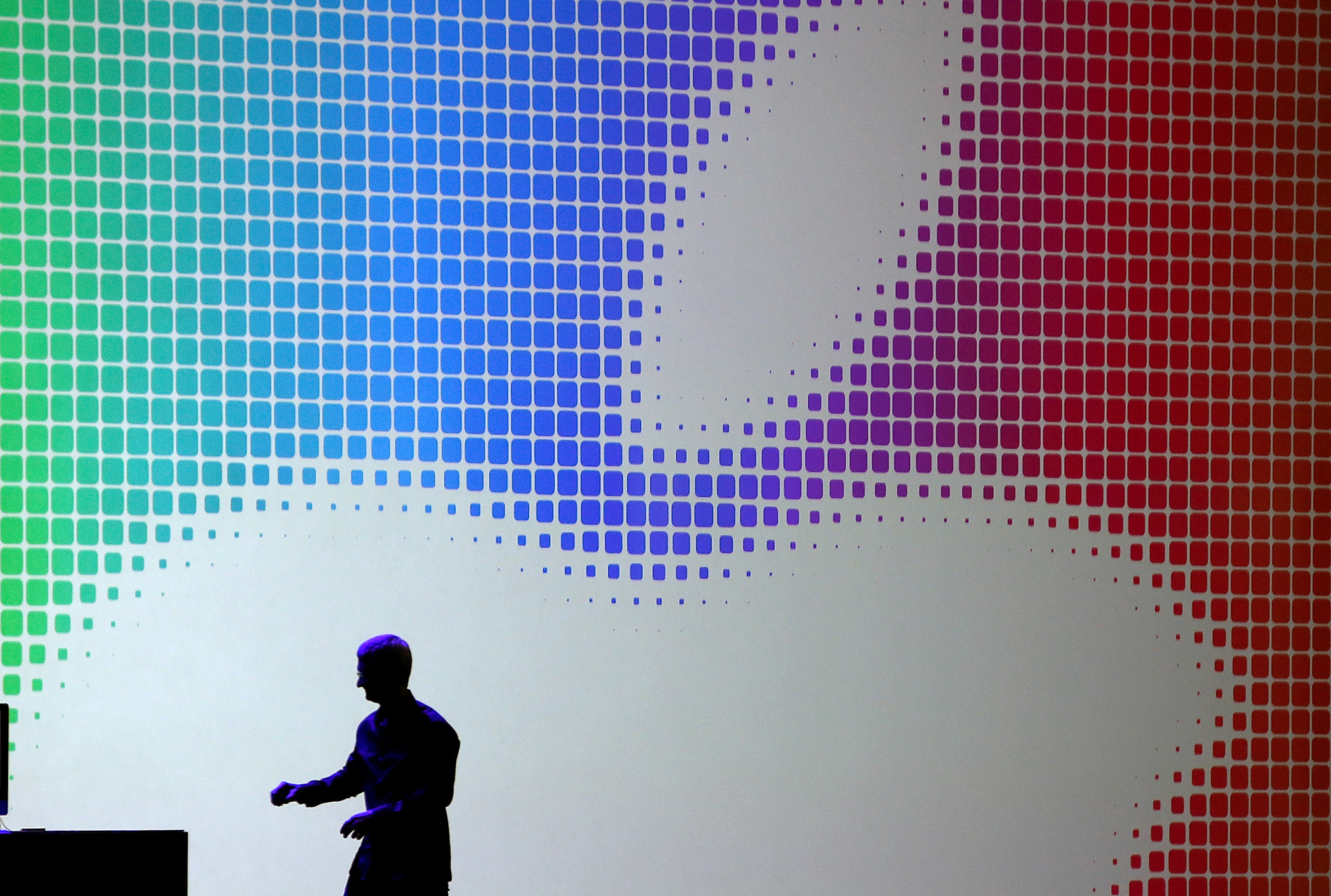
Apple has acquired a California-based startup that’s been working on a platform for users to store and manage their personal health data, Fast Company reports. The acquisition happened earlier this year; the company is just now confirming it.
The startup, Gliimpse, was relatively small, having only $1 million in funding since launching in 2013, according to CrunchBase. And Apple did not reveal terms of the deal, instead offering FastCo the company’s boilerplate acquisition comment: “Apple buys smaller technology companies from time to time, and we generally do not discuss our purpose or plans.”
That said, Apple’s interest in the firm is another signal of the company’s growing interest in personal health and wellbeing. The company has already rolled out health software like HealthKit (which aims to provide users a one-stop-shop for their personal health data) and ResearchKit (designed to let researchers gather data from subject’s devices). The Apple Watch, meanwhile, is rumored to be getting a big health-oriented revamp in the coming weeks.
What explains Apple’s healthcare projects? The company’s CEO, Tim Cook, has offered two reasons in recent interviews. First, the death of former Apple CEO Steve Jobs clearly impacted Cook on a personal level, perhaps driving the company’s efforts. “I know this sounds probably bizarre at this point, but I had convinced myself that he would bounce, because he always did,” said Cook of his predecessor in an interview with The Washington Post. (Cook volunteered to donate a piece of his liver to the ailing Jobs; Jobs refused the offer.)
But Cook also spies a business opportunity in the nearly $3 trillion healthcare industry as the company faces flagging hardware sales. Here’s an excerpt from another recent Cook interview, this one with FastCo’s Rick Tetzeli:
As we’re saying our goodbyes, Cook and I stumble into discussing health care, and he perks up again. “We’ve gotten into the health arena and we started looking at wellness, that took us to pulling a string to thinking about research, pulling that string a little further took us to some patient-care stuff, and that pulled a string that’s taking us into some other stuff,” he says. “When you look at most of the solutions, whether it’s devices, or things coming up out of Big Pharma, first and foremost, they are done to get the reimbursement [from an insurance provider]. Not thinking about what helps the patient. So if you don’t care about reimbursement, which we have the privilege of doing, that may even make the smartphone market look small.”
More Must-Reads from TIME
- Donald Trump Is TIME's 2024 Person of the Year
- Why We Chose Trump as Person of the Year
- Is Intermittent Fasting Good or Bad for You?
- The 100 Must-Read Books of 2024
- The 20 Best Christmas TV Episodes
- Column: If Optimism Feels Ridiculous Now, Try Hope
- The Future of Climate Action Is Trade Policy
- Merle Bombardieri Is Helping People Make the Baby Decision
Contact us at letters@time.com